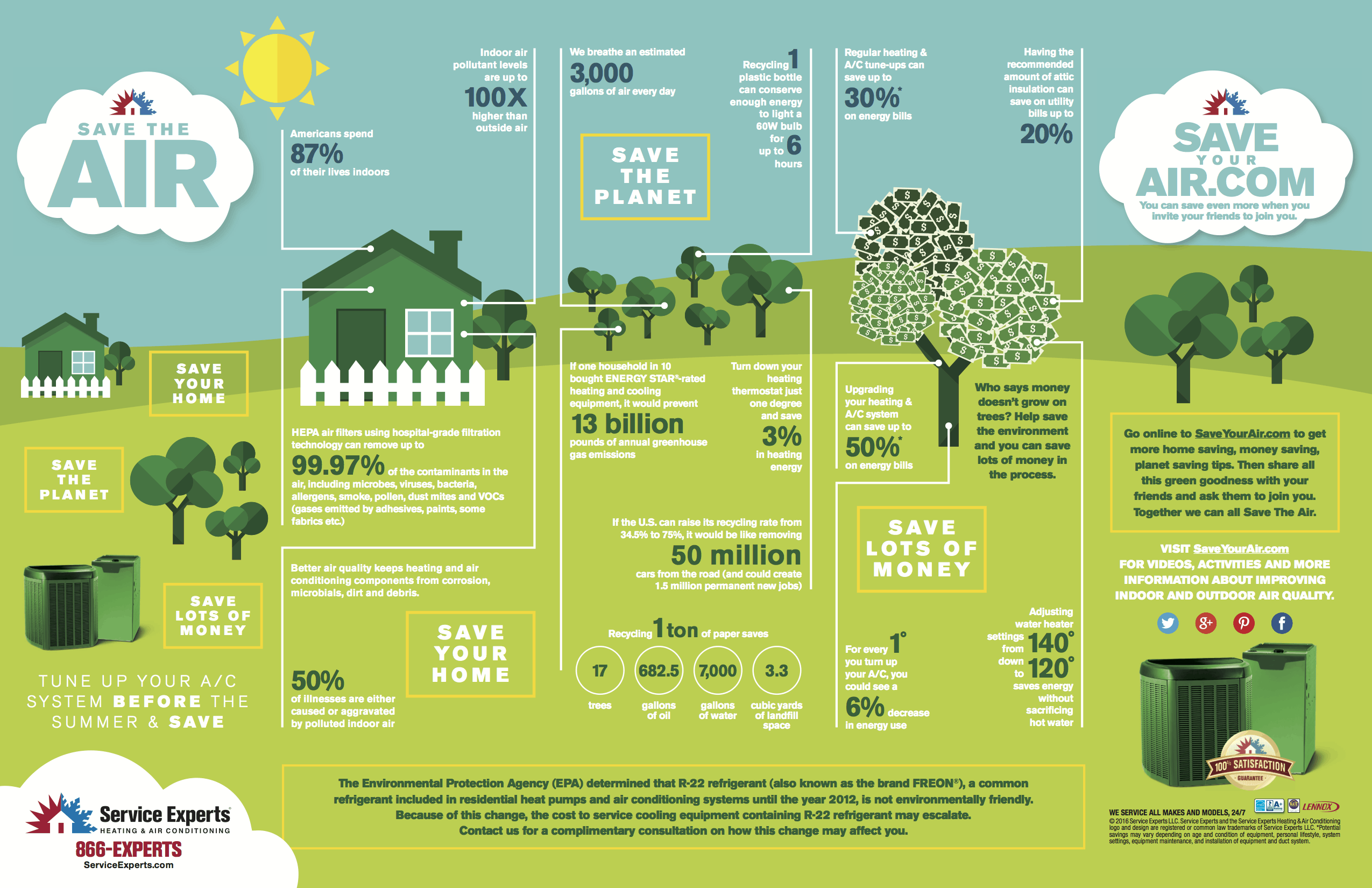Exploring The Environmental Advantages Of Heat Pumps - A Lasting Heating Solution
Exploring The Environmental Advantages Of Heat Pumps - A Lasting Heating Solution
Blog Article
Web Content Author-Keating Borup
In an era where sustainability and energy performance are critical, lots of organizations look for green heating solutions. One such remedy is the heatpump.
A heatpump extracts the heat in its surroundings and pumps it right into your home, causing among the most effective green main heater around. This procedure also generates no greenhouse gas emissions, making it an extremely sustainable modern technology.
Energy Effectiveness
Heat pumps are extremely energy reliable and need little upkeep. They utilize less power than other furnace and are without a doubt one of the most eco-friendly. They function well with roof solar and can often pay for themselves in utility cost savings alone.
They can likewise give air conditioning, which is fantastic for garage workshops, attic hangouts and perk rooms, and home enhancements without extending the existing ductwork. They can also be used for retrofits in existing homes with hydronic (water-based) distribution systems such as low temperature level radiators or glowing floorings.
Seek models with SEER and HSPF rankings that satisfy or go beyond copyright's minimum criteria, along with the standards in your area. Higher ratings indicate greater effectiveness, which saves you money in the long run and reduces your carbon impact. hvac christchurch might also get approved for discounts and rewards! The very best systems are those with a ground warmth exchanger for added efficiency. visit the next page can absorb thermal energy from the ground during the wintertime and extract it in the summertime.
Minimized Greenhouse Gas Emissions
Heatpump work on electrical power and basically transfer warm from the air, even when it's cool outside. They are able to remove the complimentary warm caught in air fragments and move them inside your home, decreasing moisture while doing so.
Compared to gas heaters, modern heat pumps use less than one kilowatt of electrical power per kilowatt of home heating power they generate. This makes them one of the most power reliable heating choice available with a COP (Coefficient of Efficiency) of four or more. By reducing the requirement for fossil fuels, heatpump help reduce greenhouse gas exhausts and reduce other significant air contaminants.
Structure decarbonization is a worldwide vital, and the heating and cooling industry is an essential chauffeur of that process. Whether it's real estate investors making internet zero dedications, policy makers establishing emissions limitations, or lessees demanding greener spaces, electrical heat pumps are being identified as an important remedy. They are an economical way to decrease carbon exhausts by removing the demand for fossil fuels in buildings.
Flexibility
Heatpump can be utilized in lots of kinds of homes and buildings-- with or without ducts. They deal with hot-water radiators, air-conditioning and programmable thermostats. They can change heaters or be set up in new residences. They can operate on solar panels, geothermal systems or even district heating resources like wastewater.
https://drive.google.com/drive/folders/1B9n1y49p4unYQD6DkF1JRbDbrGyeOAzm?usp=drive_link at supplying more warm per energy device. For instance, an air-source heatpump creates up to three or more home heating devices from each electrical energy device it consumes.
Obtaining the most from your heatpump will rely on your climate area and top quality of insulation. Try to find models with power STAR scores and compare their SEER or HSPF specifications. In warmer environments, concentrate on SEER; in colder regions, consider a system with a greater HSPF rating. Furthermore, buy air securing and insulation to lower the tons on your heat pump. That will certainly improve power effectiveness and assist you reach your Net Absolutely no goals much faster.
Biomass Boilers
Biomass boilers use wood pellets, chips or logs to develop heat and hot water. They are an excellent selection for off-grid residential properties or those that want to leave the gas grid.
As a standalone heating system, biomass can give adequate power to maintain your home warm throughout the year without the normal warmth drop off of other sustainable innovations. They can likewise be utilized along with photovoltaic panels to maximise financial savings and benefit from RHI repayments.
A disadvantage of these systems is the ahead of time cost and routine gas distributions. Often, pellets will need to be blown right into a gas shop making use of a vacuum cleaner system or they can be manually fed into the central heating boiler through a receptacle. Logs are normally self-sourced from close-by woodland or acquired wholesale. In addition to this, they require hands-on loading and might require cleansing often.